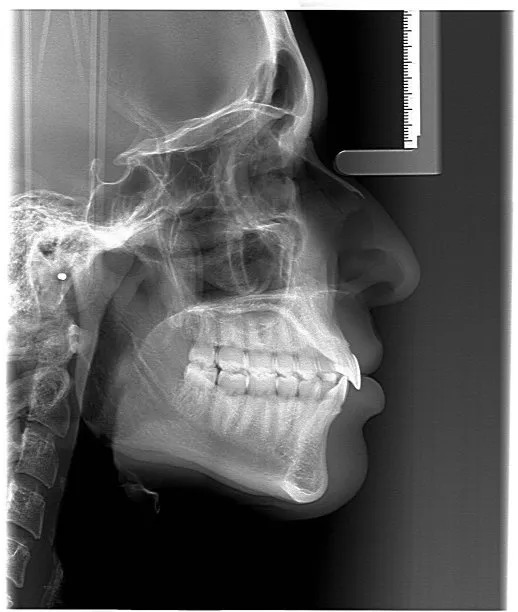Understanding the Benefits and Process of Dental Implant Treatment for Restoring Smiles and Oral Health
Summary: Dental implants are a revolutionary solution in restorative dentistry that offers numerous benefits for individuals seeking to restore their smiles and oral health. This article explores the advantages of dental implants, the intricate treatment process, the factors influencing success, and the long-term benefits they provide. Through this comprehensive overview, individuals can make informed decisions about their oral health and understand how dental implants can effectively restore function and aesthetics. With increasing popularity and advancements in technology, dental implants stand out as a reliable and effective option for those facing tooth loss or damage.
1. Advantages of Dental Implants for Patients

Dental implants are known for their remarkable advantages compared to traditional tooth replacement methods. Firstly, they provide a permanent solution for missing teeth, which means patients no longer have to deal with the discomfort and inconvenience often associated with dentures. Unlike dentures that may slip or require adhesive, implants are securely anchored into the jawbone, providing a stable and comfortable foundation for artificial teeth.
Another key advantage of dental implants is their ability to preserve bone health. When a tooth is lost, the bone surrounding it begins to deteriorate, leading to a change in facial structure over time. Implants simulate the natural tooth roots, effectively stimulating the jawbone and preventing bone loss. This preservation of bone not only enhances the structural integrity of the face but also maintains overall oral health.
Additionally, dental implants offer improved oral hygiene compared to conventional options. Patients can brush and floss around implants just like natural teeth, making it easier to maintain proper oral care. This ease of maintenance contributes to better long-term health, reducing the risk of gum disease and other oral complications.
2. Understanding the Treatment Process
The process of getting dental implants involves several stages, starting with a comprehensive consultation and examination. During the initial visit, the dentist assesses the patients oral health, takes necessary X-rays, and discusses the best treatment plan. This thorough evaluation ensures that the patients specific needs are met and sets the groundwork for successful implantation.
Once the treatment plan is established, the next step involves the surgical placement of the implant. This procedure, usually performed under local anesthesia, involves inserting a titanium post into the jawbone. After placement, a healing period is required for osseointegration to occur, during which the implant fuses securely with the bone. This crucial step takes several months to complete and is vital for the longevity of the implant.
After the healing phase, an abutment is attached to the implant, followed by the placement of a custom-made crown that matches the patient’s natural teeth. This final step is where the implant seamlessly integrates into the patients smile, restoring both functionality and aesthetics. The overall process may vary in duration, but the results are worth the wait.
3. Factors Influencing Dental Implant Success
The success of dental implants depends on several interrelated factors. One significant aspect is the patient’s overall health and oral hygiene. Individuals with pre-existing conditions such as diabetes or those who smoke may face challenges during their healing process. Therefore, it is essential for patients to disclose their medical history and follow the dentists recommendations to ensure optimal healing.
Another crucial factor is the quality of the jawbone. Sufficient bone density and volume are necessary to support an implant securely. In cases where bone loss has occurred, patients may require a bone grafting procedure before implants can be placed. This preliminary step is vital for ensuring that the implant can integrate well within the jaw.
Lastly, the experience and skill of the dental professional play a significant role in the success of the implant procedure. A qualified dentist will have a deep understanding of the surgical techniques and the ability to troubleshoot any complications that may arise. Choosing an experienced professional can make a substantial difference in achieving a successful outcome.
4. Long-Term Benefits and Care for Implants
The long-term benefits of dental implants extend beyond mere aesthetics. With proper care, dental implants can last for decades, offering a durable solution for tooth loss. Regular dental check-ups and maintaining good oral hygiene practices are vital to preserving the integrity of implants, ensuring they function well over time.
Moreover, implants may prevent additional dental issues from arising. By filling the gaps left by missing teeth, implants help to maintain the alignment of surrounding teeth and discourage shifting that can lead to bite problems. This can result in improved overall oral health and a decrease in future dental expenditures.
In terms of financial investment, while the initial cost of dental implants may be higher than other tooth replacement options, their long-term effectiveness often proves to be more economical. Patients can avoid recurring expenses associated with dentures, such as repairs and replacements, leading to savings over time.
Summary:
In conclusion, dental implants offer an exceptional solution for restoring smiles and enhancing oral health. Their numerous benefits, combined with a well-defined treatment process, make them a preferred choice for many individuals. Understanding the factors that influence their success can empower patients to make informed decisions regarding their dental care. Ultimately, the long-term advantages of dental implants reinforce their effectiveness in improving one’s quality of life.
This article is compiled by Vickong Dental and the content is for reference only.



